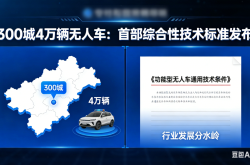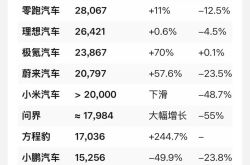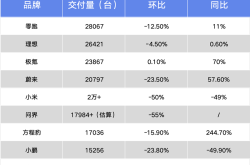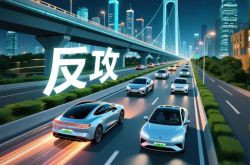How should Musk respond if Trump loses the election?
![]() 11/06 2024
11/06 2024
![]() 764
764
In the "golden autumn" season, the keyword for many auto companies is "reaching new highs.
As soon as midnight Eastern Time on November 5, voters in the small town of Dixville Notch, New Hampshire, began voting first, marking the official start of voting for the 60th U.S. presidential election. The winner will move into the White House in January 2025 to begin a four-year term.
The candidates for this year's U.S. presidential election are Kamala Harris, the Democratic candidate and current Vice President, and Donald Trump, the Republican candidate and former President. Both described this election campaign as a matter of survival for the United States. International media widely regard this as the most fiercely contested presidential election in the United States in recent years.
Amidst this unusually tight election, U.S. tech tycoon Elon Musk and Microsoft founder Bill Gates have placed bets on the U.S. election, drawing widespread attention.
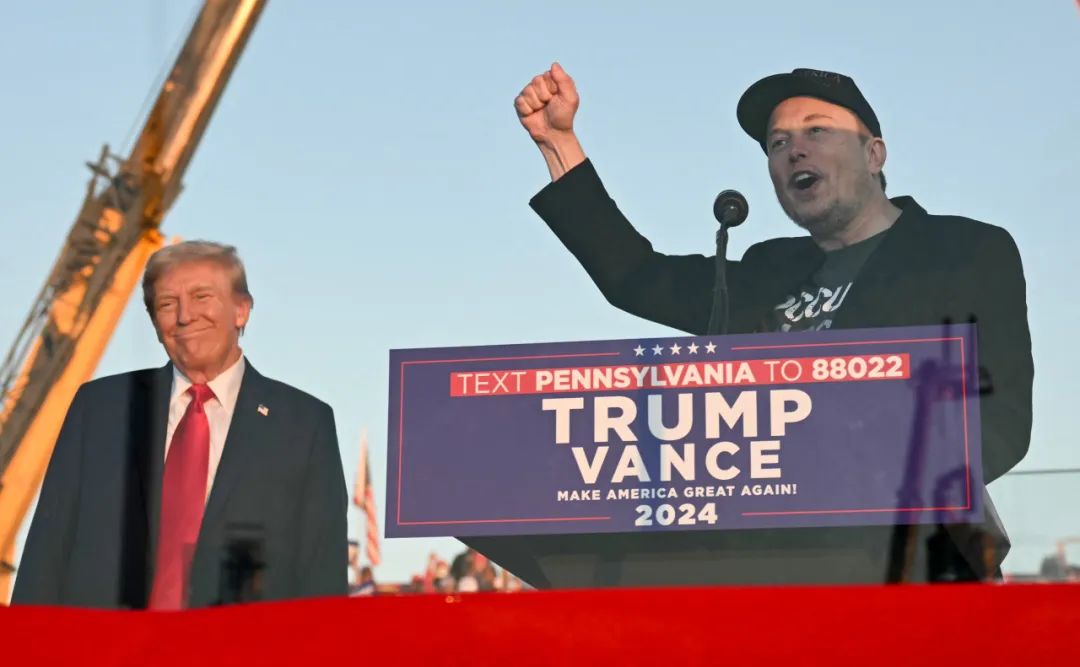
However, no one has been more vocal about interfering in this U.S. election than Tesla founder Elon Musk.
Since publicly announcing his support for former President Trump in July this year, Musk has used X to rally support for the Republican Party and has appeared on stage with Trump at least twice. Additionally, he has held "raffle events," randomly giving away $1 million each day to swing-state registered voters who sign petitions supporting freedom of speech and gun rights.
In fact, the U.S. business community, represented by Silicon Valley, has undergone a notable political shift. Venture capitalists and tech leaders in Silicon Valley, including former Democratic donors Alison Huang, Marc Andreessen, and David Sacks, have publicly expressed support for Trump.
But no one is crazier than Musk.
American billionaire investor Mark Cuban believes that although Harris will face former President Trump in the official election on November 5, she must actually avoid another wealthy "white old man."
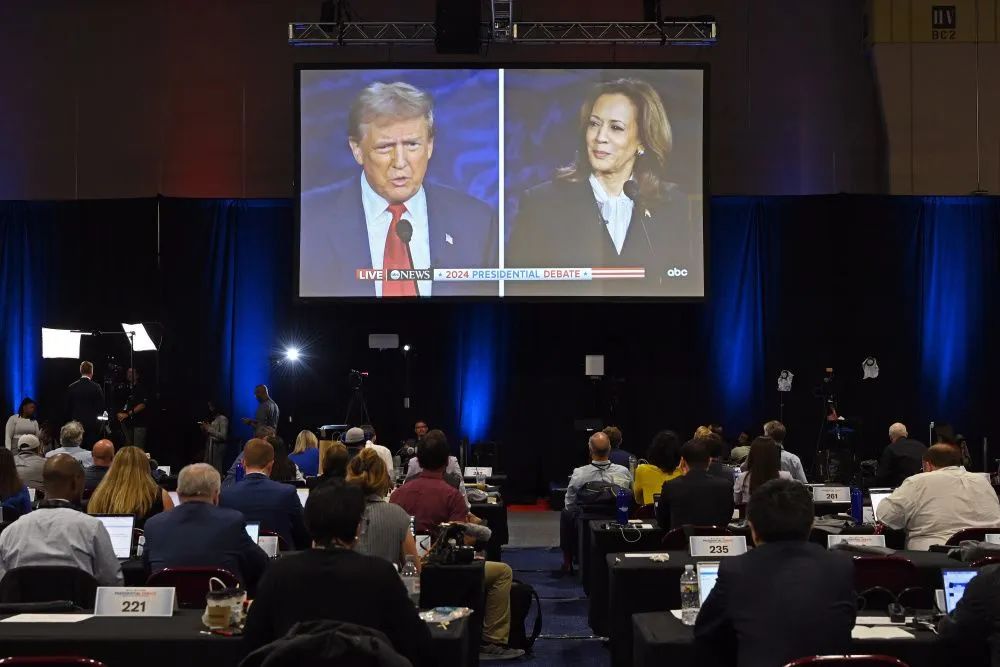
He said on a show, "It boils down to 'winning votes.' The crazy thing is that it's Harris's campaign team versus Elon Musk, not versus Trump."
Although both parties are entering a critical juncture, some consider this one of the most evenly matched elections in U.S. history. Interestingly, Musk is becoming increasingly pivotal in this election.
According to the U.S. federal government, he has provided at least $75 million to U.S. political action committees, making him a worthy financial pillar of Trump's campaign.
There is a reason behind Musk's "raining money."
At a critical juncture
Many of Musk's companies heavily rely on approvals, regulations, subsidies, or contracts from the U.S. federal government. Trump has promised to create a more relaxed regulatory environment and plans to reduce corporate and personal taxes.
Francisco Trebi, a professor of business and public policy at the University of California, Berkeley, said that if Trump is elected president, Musk could benefit by "placing key personnel in public administration." He pointed out that this could allow Musk to establish valuable connections within the U.S. government, benefiting him even after Trump's four-year term ends.
Currently, Trump has adopted some of Musk's policy recommendations in his campaign, such as planning to establish a government efficiency commission led by Musk. Trump has stated that the commission will conduct "a comprehensive financial and performance audit of the entire federal government" and propose "sweeping reforms."
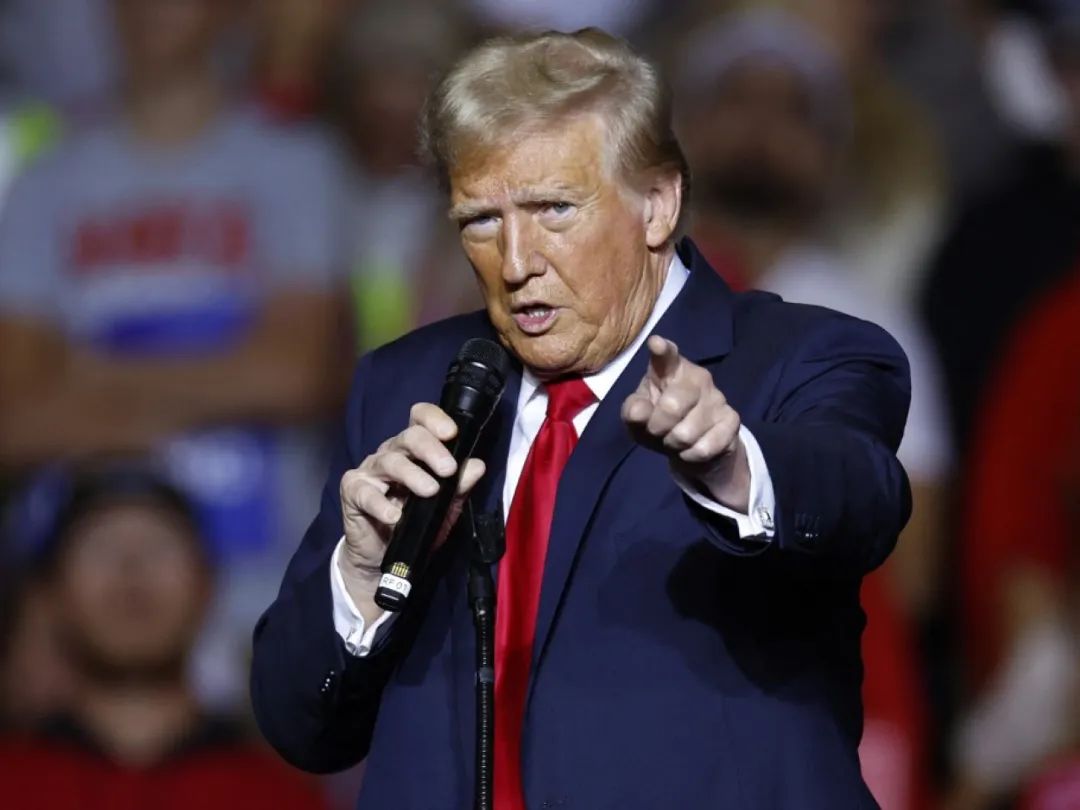
On October 18 this year, Musk proposed firing a large number of federal employees at a town hall event in Pennsylvania. "What on earth do you need 428 agencies for?" Musk said recently at a rally in Pittsburgh, "You probably don't even need 100."
Eric Gordon, chair of the entrepreneurship area at the Ross School of Business at the University of Michigan, said that a Trump presidency could also lead to reduced regulatory scrutiny, allowing Musk to "develop advanced technologies more freely, one of his favorite things to do."
Tesla is currently at a critical juncture.
Investors are closely watching Musk's commitment to fully autonomous vehicles and whether he can obtain approvals in Texas and California. However, government agencies, including the National Highway Traffic Safety Administration, are investigating Tesla's autonomous driving technology, which could hinder the company's autonomous vehicle plans.
During a recent earnings call, Musk said that if a government efficiency commission could be established, he would propose creating a "federal approval process for autonomous vehicles" to assist in facilitating state approval processes.
Many people don't understand why Musk would switch sides to support a presidential candidate who wants to revive fuel vehicles.

The reality is that Musk is not just the CEO of Tesla. The companies Musk currently owns or holds shares in primarily include electric vehicle company Tesla, rocket launch company SpaceX, brain-computer interface company Neuralink, social platform X, and AI startup xAI.
Besides the well-known Tesla, SpaceX, due to its unique industry advantages and the company's own strength, is considered one of the most promising private companies in the United States and a rising star with the potential to surpass Tesla in market value in the future. However, this rising star has frequently complained about unfair treatment under the Biden administration.
In recent months, the Federal Aviation Administration has tightened scrutiny of SpaceX and proposed a $633,000 civil penalty against the company in September. Musk vented his frustration on X, saying that SpaceX not only had to "clean up" for its competitor Boeing but was also fined by the government for trivial matters, which he found intolerable.
Musk has also spoken about the connection between SpaceX and the election, saying that voting for Trump is voting for Mars and that if excessive government regulation is not stopped, Earth will never grow into a multi-planetary civilization, which SpaceX has always regarded as its founding goal.
SpaceX is not the only one facing such troubles. Musk's other company, X, has also been snubbed by Democratic politicians. When Meta launched its competitor Threads, Democratic executives such as Biden and Harris quickly showed their support, a clear move by the party to weaken X's (formerly Twitter's) voice.
Meanwhile, Musk's recent investment in xAI is also one of the important reasons for his shift towards Trump.
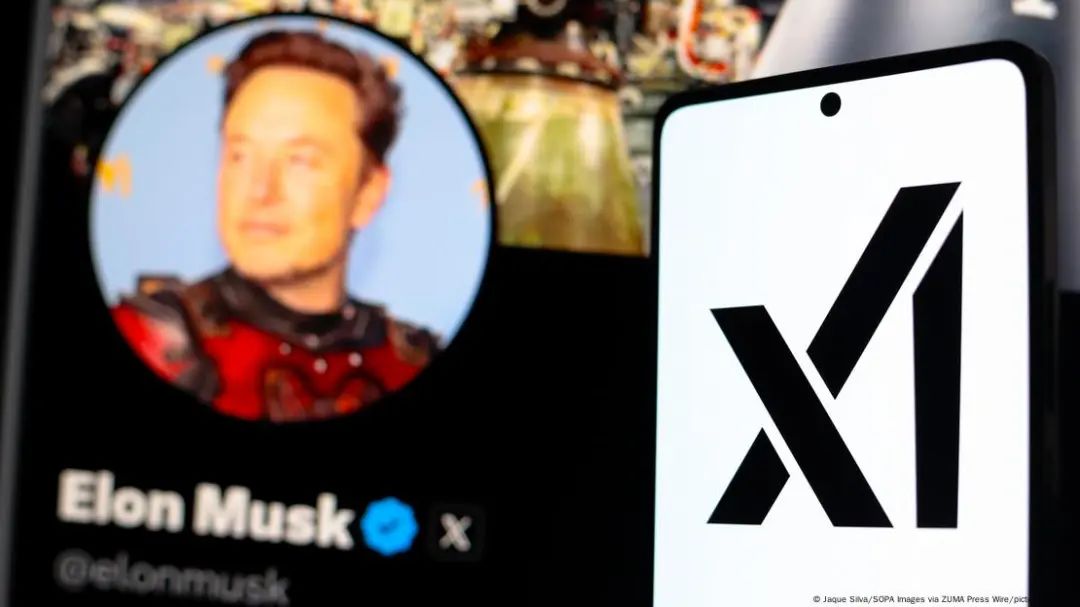
During the Biden administration, artificial intelligence suddenly exploded in the United States, driving the entire U.S. market. However, the Democratic government has hesitated to strictly regulate the industry to avoid disasters. In the eyes of many insiders, the Biden administration is somewhat perfectionistic, and the more intervention there is, the more likely it is to stifle industry vitality.
From these perspectives, the Biden administration has almost precisely stepped on the landmines of several of Musk's companies, but this will not be an issue for the businessman-turned-politician Trump.
When the spearhead is directly pointed at Musk, it is evident that Musk harbors deep resentment towards the Biden administration. So even though aligning with Trump involves placing a larger bet and greater risk, if Trump wins, "gambler" Musk will reap rewards at least dozens of times his current donations and potentially countless benefits.
Risks of Allying with Trump
It must be mentioned that during the 2016 U.S. presidential election, Musk did not side with Trump but instead supported Hillary Clinton's economic and environmental policies. Nevertheless, after the election, Musk was appointed to the Council of Economic Advisers by Trump.
During this period, the two had significant differences over climate policy. On June 1, 2017, climate change skeptic Trump announced the withdrawal from the "extremely detrimental to the United States" Paris Agreement, prompting Musk to immediately resign from the Council of Economic Advisers.
Furthermore, the Trump administration sought to reduce or eliminate federal tax incentives for electric vehicles and openly supported fossil fuels, which is clearly contrary to Musk's interests in Tesla's business.
However, in recent years, Musk's political stance has gradually shifted to the right, and he has continuously shown goodwill towards Trump, leading to a rapprochement and close relationship between the two.
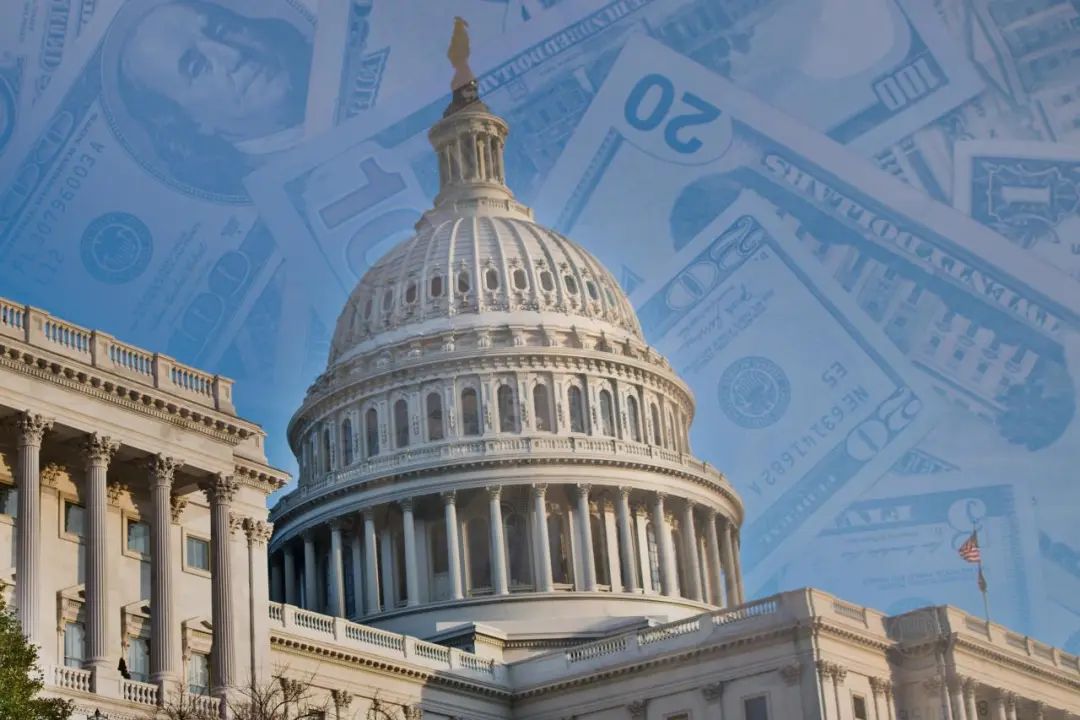
That being said, if Trump takes office, Musk may gain power, government contracts, and a more relaxed regulatory environment during his term. But what impact would a Harris administration have on Musk?
For Harris, a key policy that many business leaders are concerned about is her proposed tax plan. She plans to increase the corporate tax rate from 21% to 28%. Bank of America predicts that this measure could reduce corporate profits by 5%. Coupled with potentially stricter regulations under a Harris administration, this could affect many companies, including those owned by Musk.
The industry believes that Harris may introduce new safety regulations or establish tax credits for electric or autonomous vehicles that favor Musk's competitors. For X, which Musk touts as a platform for freedom of speech, the Harris administration may pressure it to ban content labeled as "misinformation."
Under a Harris administration, Musk's situation may not change substantially. "There is no strong indication that Harris wants to significantly increase the regulatory burden," said Cary Coglianese, a law professor at the University of Pennsylvania and director of the Pennsylvania Regulatory Program.
Some believe that a Democratic government may be more favorable to Musk because Harris supports the Inflation Reduction Act (IRA), which favors manufacturing cars in Mexico, while Trump opposes it. The IRA provides numerous benefits to Musk, including a $7,500 tax credit for new electric vehicles and tax credits for solar installations, both favorable to Tesla.

Caroline Wren, the national press secretary for Trump's campaign team, said that if Trump is elected president, he will support the automotive industry, "providing room for the development of both gasoline and electric vehicles." It is worth noting that Trump has always disdained electric vehicles, once calling supporters of electric vehicles "hell-bound" and claiming that supporting the electric vehicle industry is "crazy," sentiments he still holds today.
In a recent interview, he said that while he accepts Musk's support, he "still opposes everyone owning an electric car." When asked if he would support the U.S. electric vehicle industry, he replied, "I have no choice because Musk has given me so much support."
So allying with Trump is not without risks.
Because Musk hopes that Trump will reward his loyalty, but even Trump's staunchest supporters may not get everything they want.
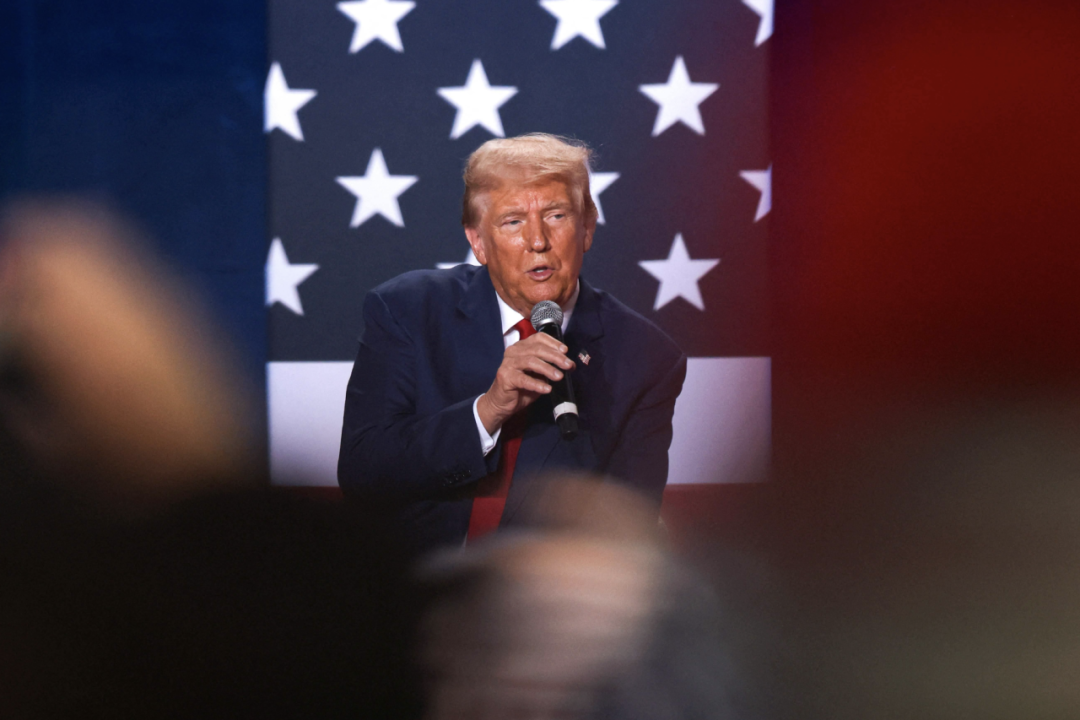
For example, another American billionaire, Carl Icahn, served as an advisor during Trump's first term. During this period, his investment companies received some policy exemptions from the U.S. Environmental Protection Agency, but his tenure ended controversially. The billionaire investor resigned from his unpaid position in the Trump administration amid criticism of potential conflicts of interest.
Unlike Musk's high-profile stance, Berkshire Hathaway, a multinational conglomerate, rarely makes public statements. The company issued a rare statement on its official website emphasizing that Chairman Warren Buffett would not recommend any investment products or political candidates on social media.
In contrast, Harris also has "financial backers." The New York Times reported on its website on October 22 that after decades of non-involvement in politics, Bill Gates, the founder of Microsoft and one of the world's wealthiest individuals, donated $50 million to Harris.
According to Forbes magazine, Harris has the support of about 80 billionaires, while Trump has the backing of about 50 billionaires.
Soon, this year's U.S. election will have a winner. The final result will depend on the voting and counting progress in each state. Even if the election is one-sided, the outcome can be largely determined by noon Beijing time on November 6 or at the latest on November 7. If Trump regains power, it will undoubtedly be a significant positive for Musk.
But what if Trump loses?
Note: Some images are sourced from the internet. Please contact us for removal if there is any infringement.

